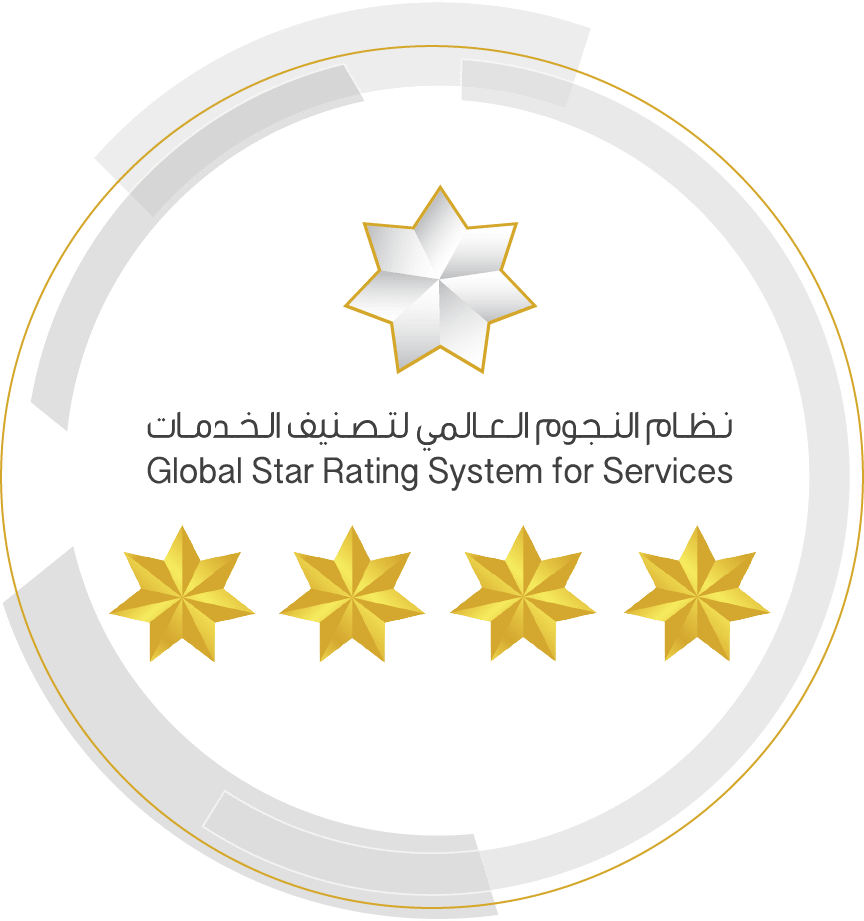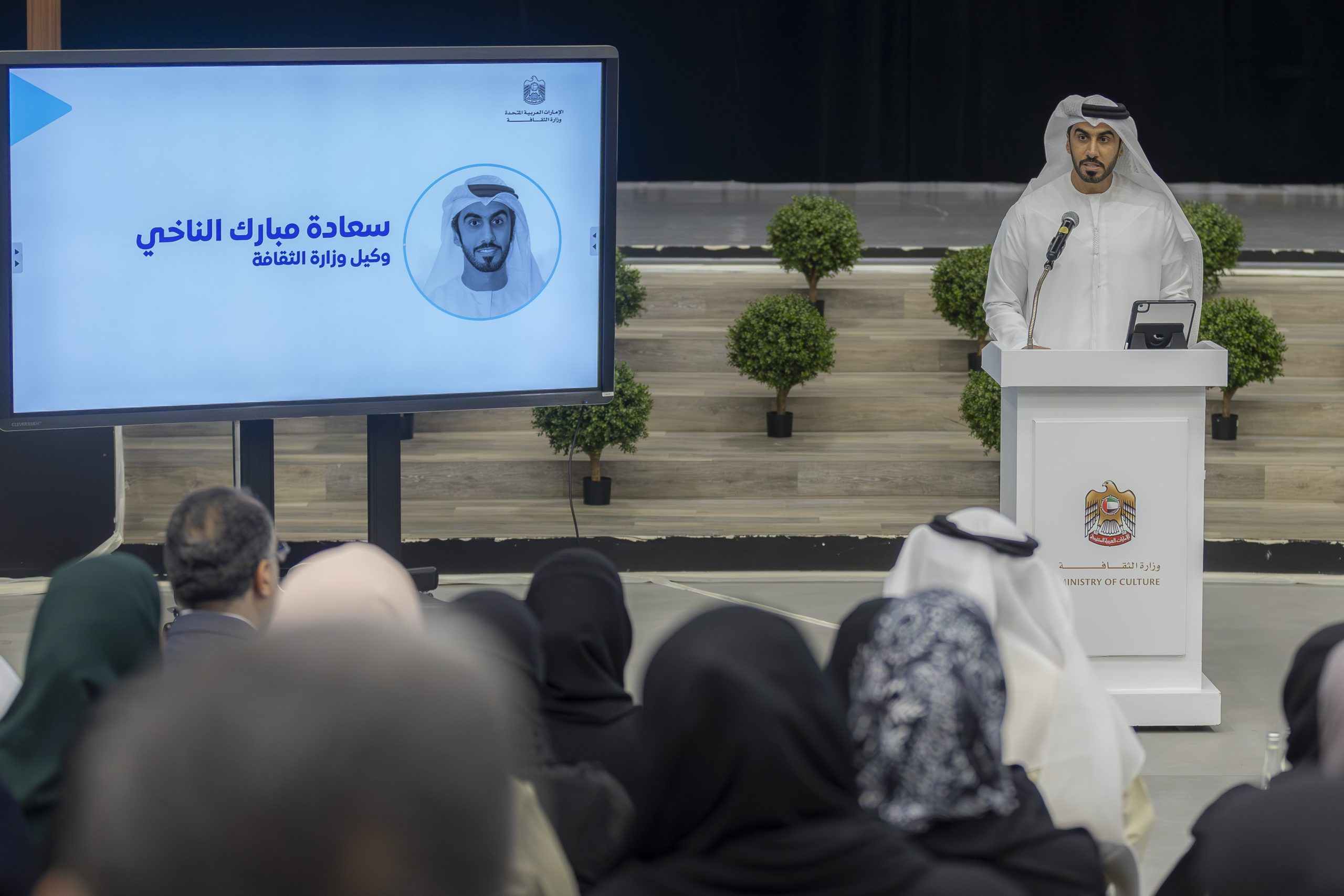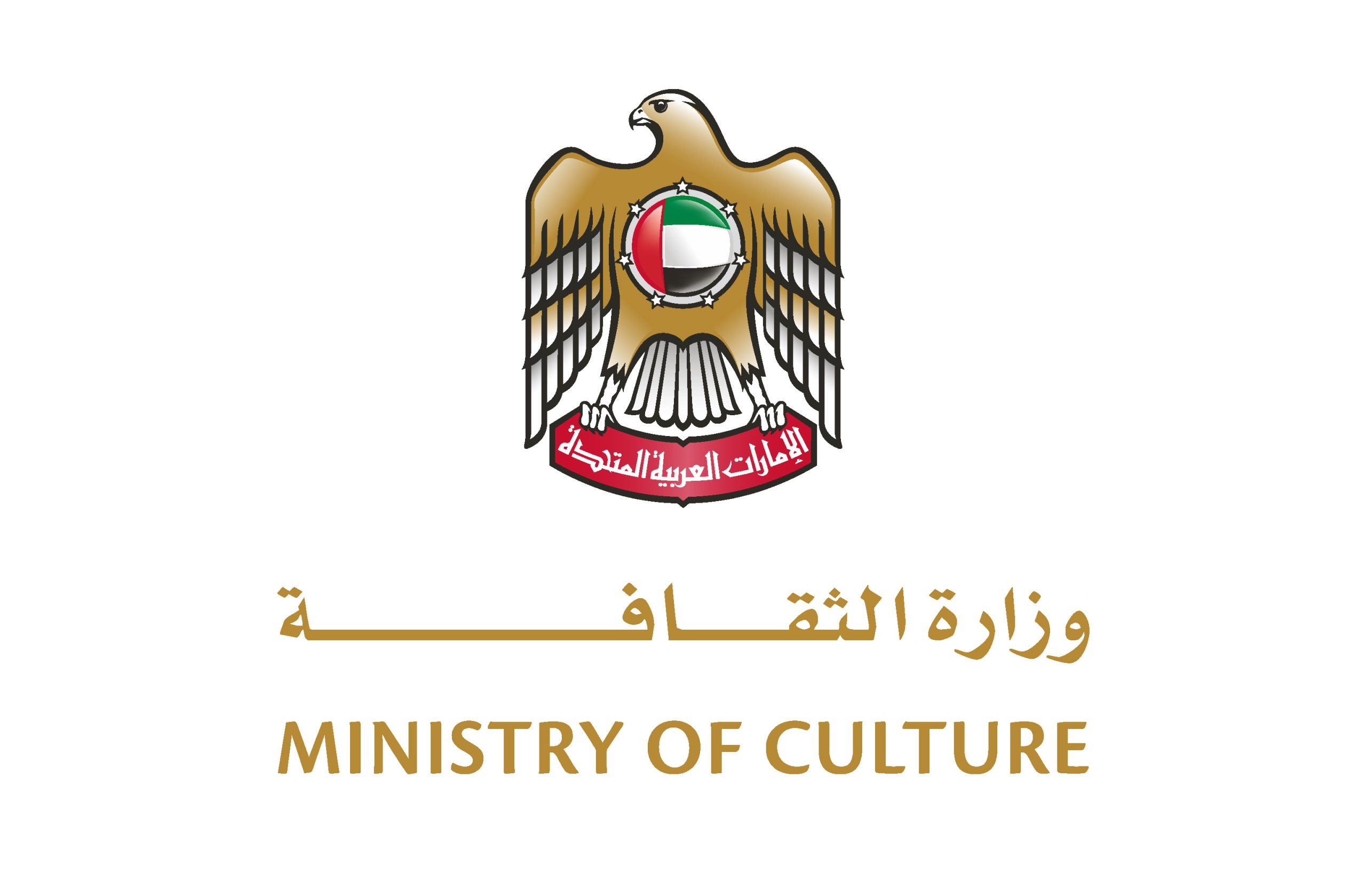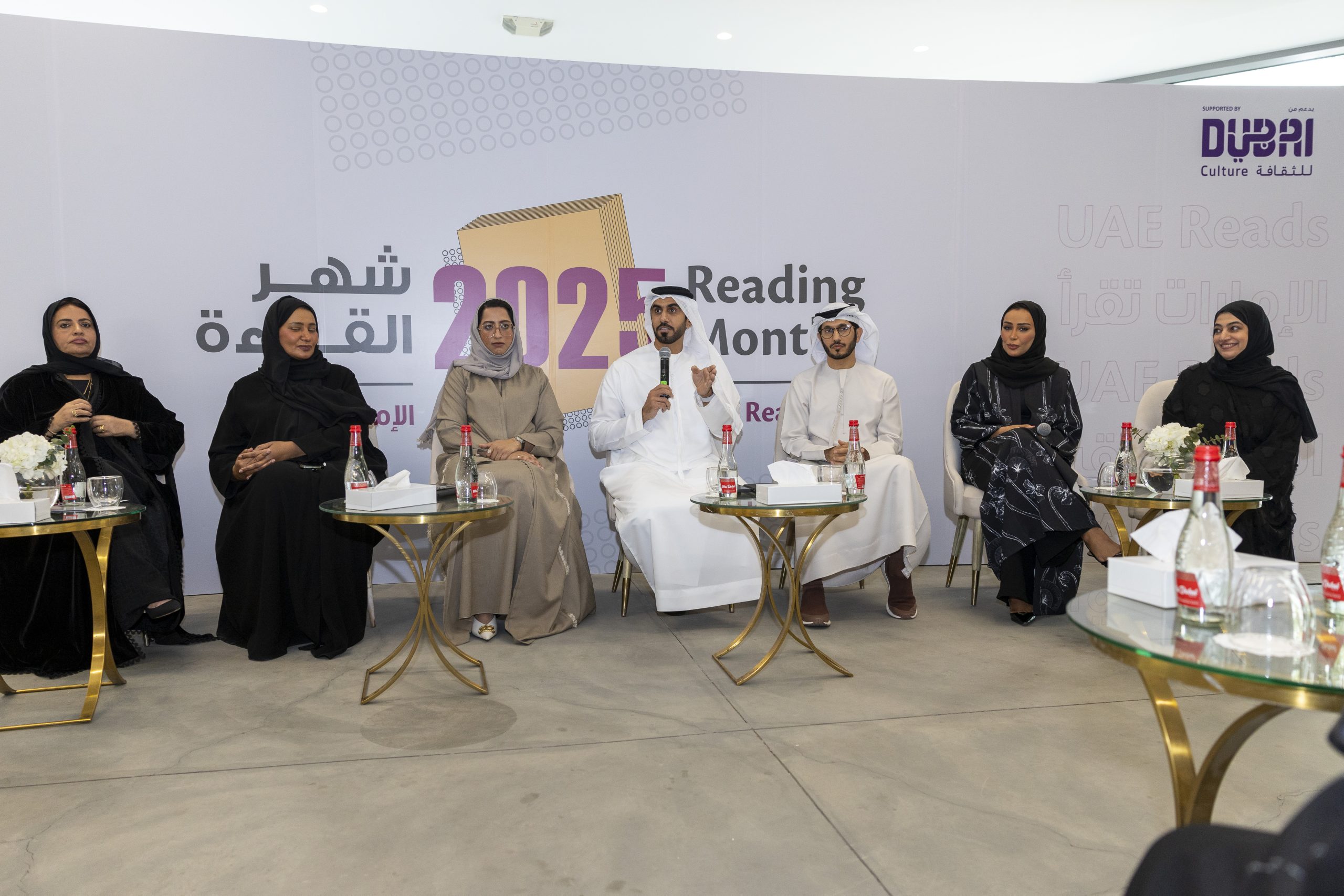Notifications
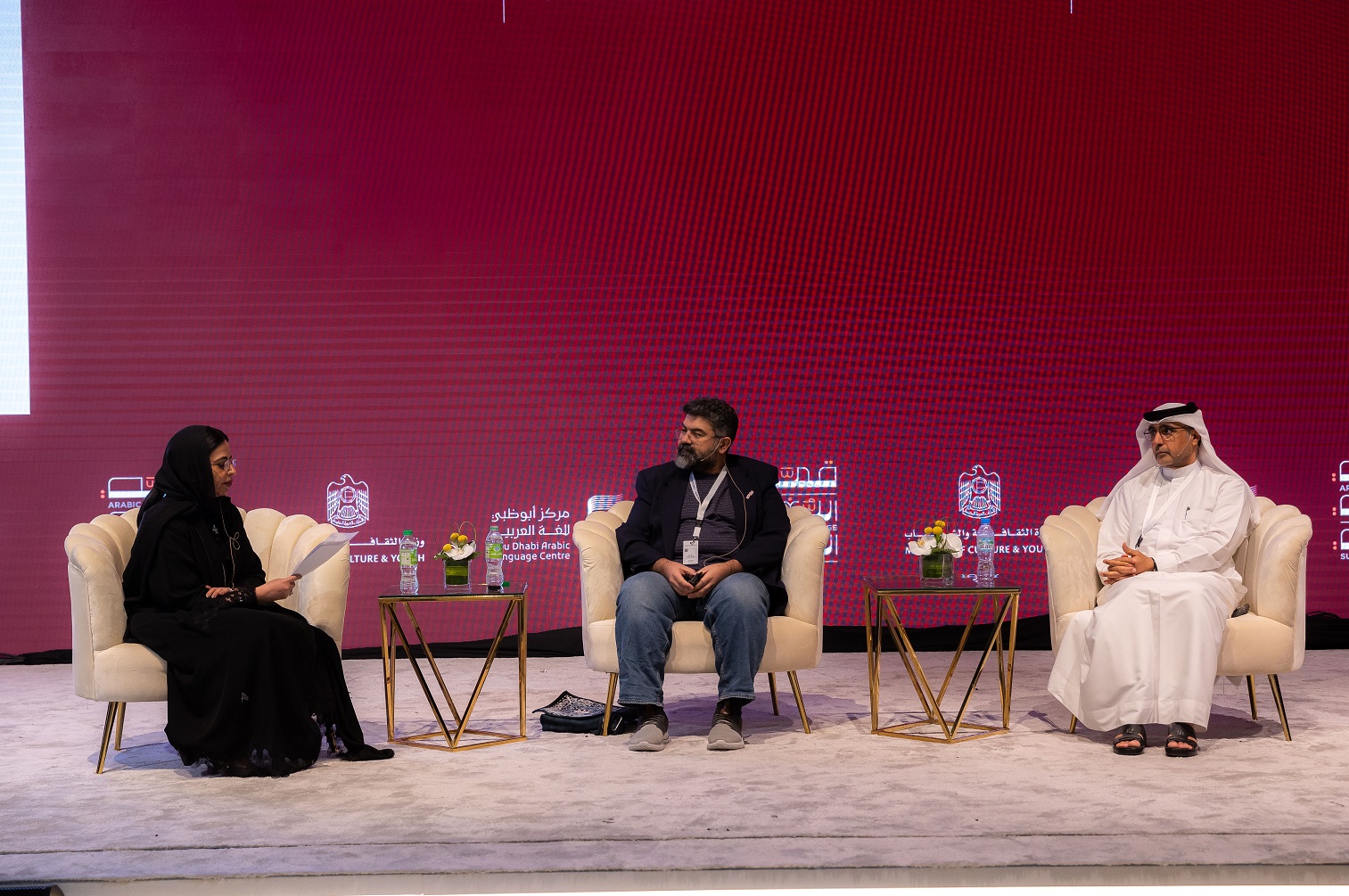
During a session entitled “The Future of the Arabic Language” held as part of its first day Arabic Language Summit discusses the relationship between language and Artificial Intelligence
December 21, 2022
The Arabic Language Summit, organised by the Ministry of Culture in cooperation with the Abu Dhabi Arabic Language Centre (ALC) of the Department of Culture Abu Dhabi, hosted a session entitled ‘The Future of the Arabic Language’. The session explored the relationship between language, advanced technologies and artificial intelligence (AI), and discussed how technology can be harnessed to enhance the Arabic language.
Moderated by Asma Siddiq Al Mutawa, Founder and President of Al Multaqa Literary Salon, the session hosted Saeed Hamdan Al Tunaiji, Acting Executive Director of the Abu Dhabi Arabic Language Centre, and Dr. Nizar Habash, Program Head of Computer Science at New York University Abu Dhabi.
Al Tunaiji said: “Since the establishment of the Abu Dhabi Arabic Language Centre, we have seen a lot of engagement with youth. I cannot ignore the challenges we face in terms of the general impression about the centre. We are working to change the stereotype where the centre is merely seen as a place to teach the Arabic language, instead it is an entity that develops strategies and plans in the local, Arab and global context. We work with the aim of enhancing the use of the Arabic language in the region and around the world.”
Al Tunaiji continued: “The Arabic Language Centre does not operate in isolation, but in close coordination with various cultural bodies and institutions that are working for the growth and development of Arabic. The centre has worked for over two years to build several prestigious international and local partnerships, and we have many more plans for the future. We are making concerted efforts to achieve our goals for the growth of the Arabic language, given that it is a national priority for the UAE. The nation has made strategic investments and has dedicated technological projects for the betterment of the language and we shall continue to develop our strategies and programmes to serve our language and identity.”
For his part, Dr. Nizar Habash, Programme Head of Computer Science at New York University Abu Dhabi, gave a visual presentation in which he explained a number of programmes and applications based on artificial intelligence standards to serve the Arabic language, including the Chat GPT project, and (CAMeL Tools), an open source tool that allows those who want to benefit from its tools, in addition to the (Camillera) system, which performs direct and automatic analysis of the Arabic language and others.
Dr. Nizar Habash said: “Harnessing advanced technologies and artificial intelligence to serve the Arabic language has a long history going back four decades. The Sakhr Company, for instance, worked with technology giants such as IBM and Microsoft, to develop automated processing of the Arabic language. For our part, in 2021, we adopted the current way of thinking, as the systems we seek to build cater to technologically equipped users. We have a laboratory built eight years ago and my goal has been to share my vision and open the way for everyone to benefit from it.”
Habash continued: “Today, we are adopting a method that allows everyone to benefit from our open-source tools (CAMeL tools). We are focused on startups and allow those who want to benefit from these resources. The Camillera system works with direct and automatic analysis of the Arabic language offering a system that provides the user with formation options and language sections in a coordinated, organised and accurate manner of 96% accuracy, in addition to syntax-like classifications based on artificial intelligence.”
He added: “This system allows the user room to cut speech, using three colloquial dialects, namely Egyptian, Levantine and Gulf. To establish the Gulf dialect, we collected 100 million words used commonly in the Gulf, including 200 thousand words that we worked on marking manually. The project called SAMER simplifies the masterpieces of Arabic literature and clarifies words difficult to pronounce for many readers.”
He added: “We have established a project that serves the vocabulary and replaced poorly formed words with their synonyms from foreign languages. We have created a system of 80,000 sentences that defines words being masculine of feminine. Then there are words that must be changed to be modified within a context. This system also contains an open interface that includes sentences and translations and provides other options as well.
He added: “We also worked on the ‘Maknouna Dictionary’ project, which is a collaborative effort through which we were able to count 37,000 phrases from the Palestinian dialects, some of which are extinct now. These words were collected from people who are not alive anymore, some of whom were displaced from their cities and villages in 1948. This dictionary was announced marking the past International Day of the Arabic Language. It is accessible and we are now working to develop dictionaries for all dialects, if possible.”
Habash continued: “At the end of last November we launched a new communication system called ‘Chat GPT’ that can complete the sentence as soon as you start writing the first words, which is similar to the automated correction systems found in mobile phones and other smart devices. This system is more sophisticated though, as it has been trained on hundreds of billions of words to the point that it will provide users with a suggested text as soon as it is prompted. It relies on ‘hallucinations of facts’, meaning that it deals with a bit of fantasy and imagination. This program will prove to be a game-changer in promoting interest in the Arabic language.”


